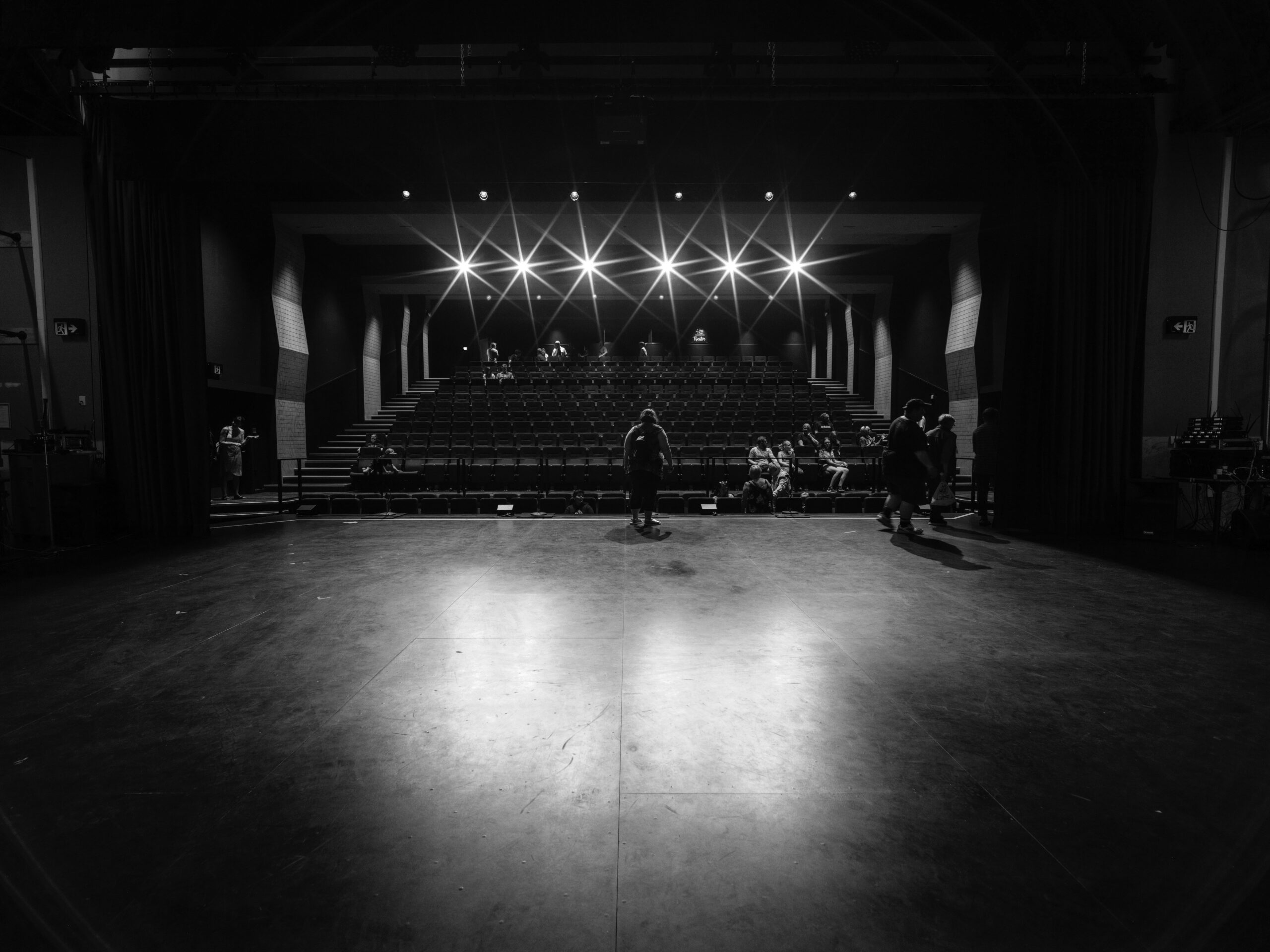Two massive giants in tech, Google, Inc. (“Google”) and Oracle America, Inc. (“Oracle”), have been duking it out on different judicial stages. The fight is over Google’s use of Java API packages in the creation of the Android operating system. The Java API packages, first developed by Sun Microsystems, Inc. (“Sun”) in the mid-nineties, were owned by Oracle pursuant to their acquisition of Sun in 2010. It is important to note that the Java programming language is not at issue in this dispute.
For those who are not familiar with APIs, API stands for Application Programming Interface. APIs are becoming increasingly ubiquitous in the developer space. While there are many reasons for using APIs, developers often include APIs in their code to leverage the pre-written code that they offer instead of re-inventing the proverbial wheel. Also, essentially all cloud technology providers, like Salesforce.com for instance, expose APIs to developers who want to integrate other technologies with their platform.
After the acquisition of Sun in 2010, Oracle sued Google in the Northern District of California alleging copyright infringement (along with some patents claims) in various aspects of the Java API Packages, including the classes and methods as well as the structure, sequence, and organization (“SSO”) of the API packages. Judge Alsup, writing the 2012 opinion for the court, found that the APIs could not be copyrighted. With respect to the classes and methods, the court found that the idea merged with the expression (in copyright, this is known as the merger doctrine) and was therefore not protectable. As for the SSO of the API packages, the court found that it resembled a taxonomy, making it per se uncopyrightable pursuant to Section 102(b) of the 1976 Copyright Act. After round one, it appeared that Google was by and large, the winner. But the story doesn’t end there.
Oracle appealed the decision, and Judge O’Malley, writing the 2014 opinion for the U.S. Federal Circuit Court of Appeals, reversed in favor of Oracle, finding that the Java API packages were entitled to copyright protection. The court found that the classes and methods were creative (especially when compiled together) when they were developed by Sun back in the mid-nineties. Further, the court held that the SSO could contain expression that was entitled to copyright protection and therefore the expressive pieces of the SSO were not barred from protection pursuant to Section 102(b). Thus, after round two, Oracle emerged victorious.
One of the main differences in the outcome was the application of different legal precedent. The District Court applied the 1st circuit case Lotus v. Borland while the U.S. Federal Circuit Court of Appeals applied the 2nd circuit case Computer Associates Int’l Inc. v. Altai, Inc..
In 2014, Google petitioned the United States Supreme Court for a writ of certiorari on the case. Then, in 2015, the United States Supreme Court decided to Call for the Views of the Solicitor General (“CVSG”). A CVSG is often thought to indicate a higher chance that the Supreme Court will hear the case.
If the United States Supreme Court does, in fact, hear this case, the outcome in the final round of this saga will be very interesting, regardless of whether Google or Oracle is the ultimate victor. As the Electronic Frontier Foundation, a non-profit digital rights organization, has stated in their Amicus Brief, “for decades [prior to this litigation] computer scientists have relied on the open nature of APIs to enable rapid innovation in computer technology.” Yet, will copyright protected APIs and their attending licensing schemes inhibit computer scientists’ ability to innovate? On the other hand, if APIs are not found to be protectable by copyright, will API owners begin to look increasingly to other iterations of intellectual property for protection (e.g. patent, trade secret)?




The fight continues over Google’s use of Java API packages in the creation of the Android OS http://t.co/aF2wkkMFVf via @CardozoAELJ
RT @brandonjhuffman: The API Copyright Saga Seems Likely Continue http://t.co/c3gzbT4w3t
The API Copyright Saga Seems Likely Continue http://t.co/c3gzbT4w3t